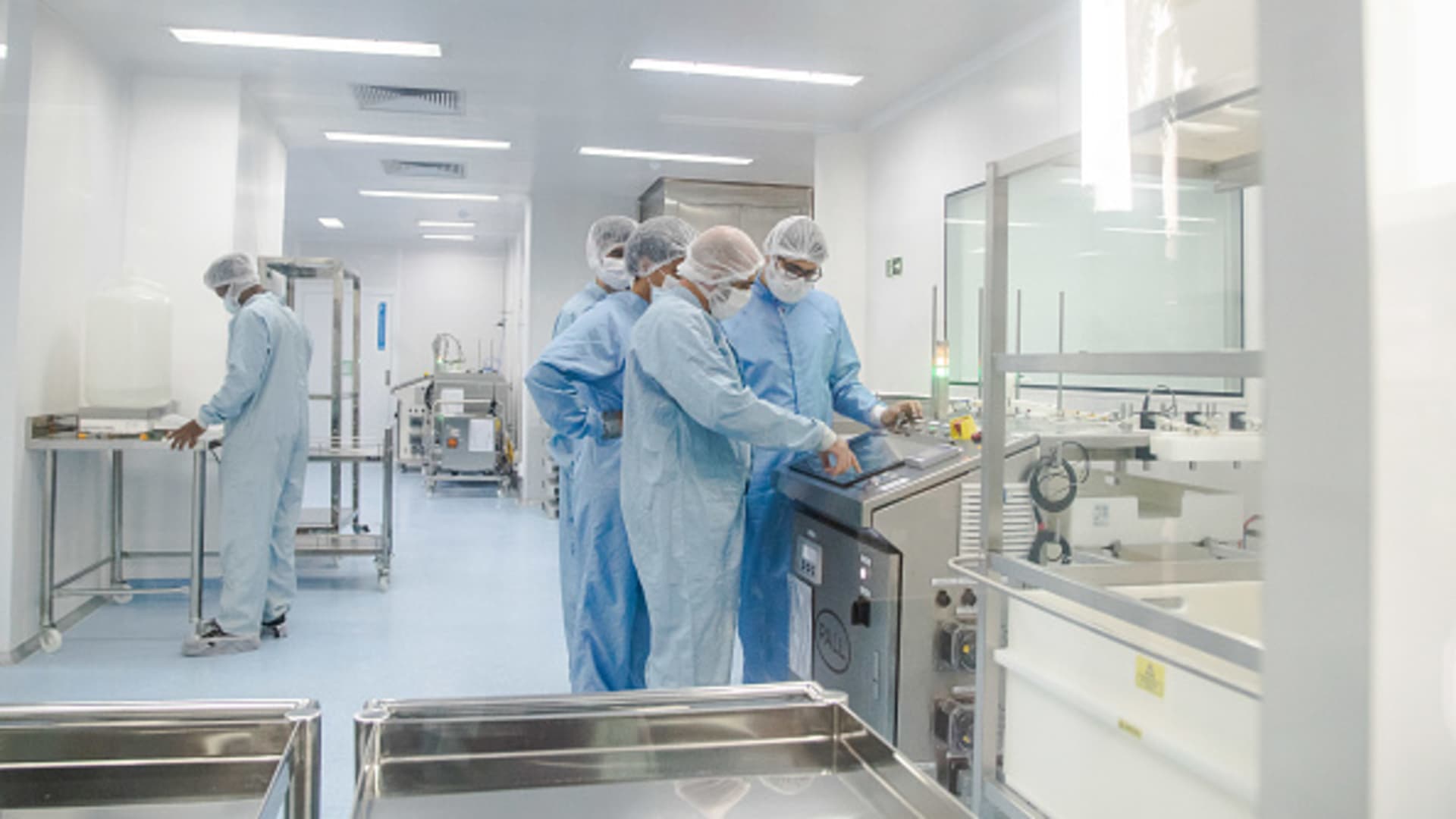UBS upgrades Big Pharma stock after shares drop on poor drug results

UBS upgraded AstraZeneca ‘s stock to a “buy” rating despite the drugmaker’s trial of a lung cancer medication recently delivering poor results. The investment bank said the subsequent drop in the pharma giant’s stock price now meant that “investors can come back to the stock for the performance of in-market products.” London-listed shares of AstraZeneca dropped by 8% in a single day, the most in years, after releasing the results of the “TropionLung01” trial for drug candidate “Dato-DXd.” The big pharma stock also trades on U.S. exchanges under the ticker AZN . “We find the market reaction understandable given consensus had expectations for the drug in settings that the Lung01 trial in any case would have struggled to substantiate,” the UBS analysts led by Michael Leuchten said in a rsearch note to clients on July 12. AZN remains a highly innovative company with an ambition to start 30 phase 3 trials this year. Its historical hit rate is high. Analyst, UBS Michael Leuchten AZN-GB 1Y line The analysts said that despite this setback, it would be a mistake to view Dato-DXd as a marginal asset or to underestimate AstraZeneca’s antibody-drug-conjugate platform — medicines that the company claims “deliver highly potent chemotherapy agents to kill cancer cells.” However, the investment bank cautioned that this area is more complex than previously assumed. The bank also highlighted AstraZeneca’s history of innovation and its high success rate in clinical trials in the research note to investors. “AZN remains a highly innovative company with an ambition to start 30 phase 3 trials this year. Its historical hit rate is high. Antibody-drug conjugates are still an interesting platform in oncology, and AstraZeneca is a leading player in this field,” the analysts said. UBS expects shares of AstraZeneca to rise by 27% to £13 ($16.8) a share over the next 12 months. In addition, UBS analysts said that AstraZeneca still possesses FDA-approved blockbuster drugs with solid market positions, making up about 25% of estimated product sales in 2023 and over half the five-year sales growth. These include Imfinzi, a drug for bile duct or gallbladder cancer, and Tagrisso, a treatment for non-small cell lung cancer in adults. The Swiss bank said it views Tagrisso “as one of the most important near- and medium-term growth drivers for AstraZeneca, with a reasonably long lifespan and a high level of profitability” despite facing potential competition from Johnson & Johnson’s MARIPOSA trial this year. The analysts also added that AstraZeneca does not face a potential “patent cliff” problem. They said the company’s top line will slow into 2025, but the growth from Tagrisso, Imifinzi, and Calquence, a non-Hodgkin lymphoma treatment, will more than offset any possible reductions.









